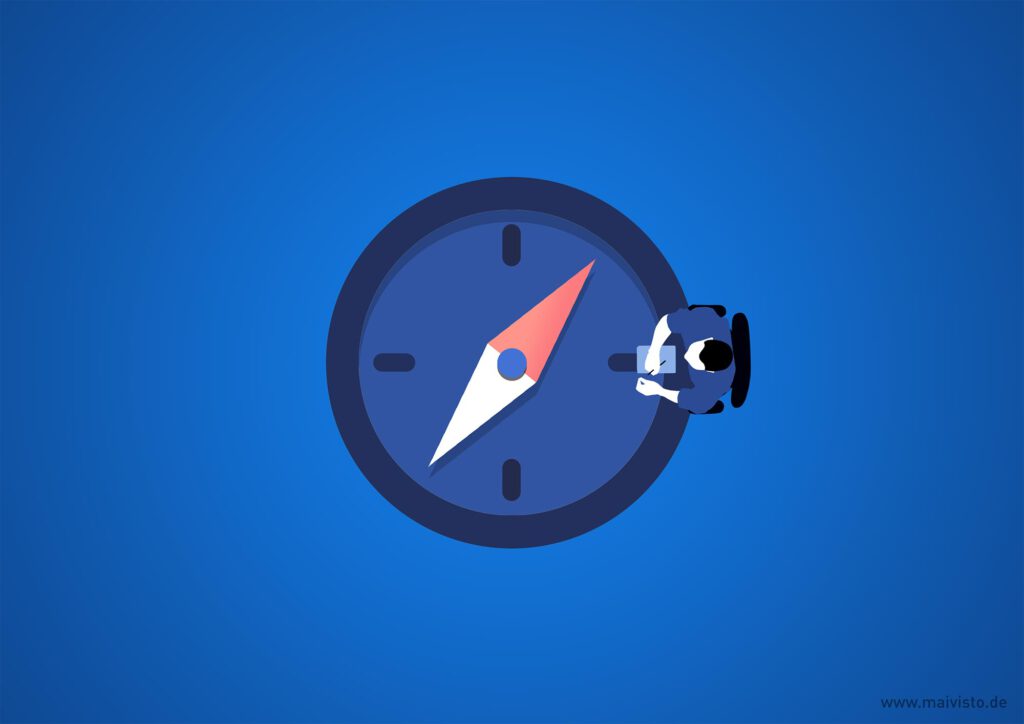
We naturally seek out a specialist. We trust a plumber to help us with a
Let’s imagine that we are really in the mood for a good pizza. We are looking forward to meeting with our friends and searching for an excellent place to eat. A snack bar, “Michi’s Pizza, Hamburger und Kebab Bar” on one side. The pizza costs 5 euros here. There is a restaurant, “Da Francesco” on the other side. Here the pizza costs 12 euros. As I said, we are really hungry for a pizza. Where do we go?
After all, the client doesn’t know us, and hiring us is always a leap of faith
The moment we focus on a niche, numerous new opportunities open up. We give the potential clients the feeling that he is hiring an expert for his project or solving his problem. This is one component of many to build trust, crucial in his decision. After all, the client doesn’t know us, and hiring us is always a leap of faith. He cannot be 100% sure that we will deliver good work on time. Therefore, his first concern is risk minimization. The risk of being disappointed if we go for the cheaper pizza at the snack bar is higher.
“But I have many other ideas and directions I want to try.” There’s nothing wrong with that. We all have many interests, and that can be easily reconciled. For one thing, there are also opportunities in the niche to explore and try things out.
When I decided to delve into illustration after a long process, I quickly realized that I have endless possibilities within the field of illustration. I started with portraits, created athletes and product illustrations, etc.
A blog allows the viewer to see behind the scenes, behind our process, which again builds trust
Nothing stopped me from exploring other areas and developing new techniques. What held all the works together was that they were all from my hand and that I focused on one technique (watercolors combined with digital drawings). These unified illustrations found their way into my portfolio, which is my digital business card. With this, I show the audience my core competence.
Suppose I want to try completely new techniques that could possibly dilute or even weaken this core competence. In that case, there is the possibility to keep a blog. This can be external or integrated into the portfolio. Here we can present our unpolished experiments and document and comment on them. This allows the viewer to see behind the scenes, behind our process, which again builds trust.
Less expertise often means more correction phases, meetings, time, initiative, and nerves
From the client’s perspective, hiring an expert may seem expensive. However, in the long run, it is not. Apart from the fact that quality plays a crucial role, the expert buys time and possibly saves money in the end. Since the expert repeats processes repeatedly, he reaches his goal faster than an all-rounder. So it’s all about minimizing risk again. The chance that the work will be on point and the clients’ total satisfaction when delivered is higher with the expert. Less expertise often means more correction phases, meetings, time, initiative, and nerves.
To additionally trust and at the same time convey added value, the expert has many other options. After all, a passionate logo designer is concerned with his own work. He is constantly looking for inspiration in the works of others, follows fellow designers, and has a feel for trends. He can share his finds and output on platforms such as Pinterest or others worldwide. On the one hand, this provides further insight into his world, again building trust. On the other hand, it becomes an archive, a source of inspiration for customers and colleagues, followers, and fellow human beings.
Clients approach the expert
Our dedication and devotion in one area result in people finding us. The days of digital door-to-door salesmanship, where we introduce ourselves to clients or agencies with personal emails or interviews, are fading. Clients approach the expert. As a result, a shift in weight toward the expert is happening. This is important and valuable for both sides. Because the clients benefit from the expert’s professional craftsmanship and his many years of experience. The mutual exchange becomes particularly fruitful. Client and contractor become partners. The expert gains more power in negotiations, in the process, and in decisions that help the customer reach his goal faster.
“Expertise is the only valid basis”
Blair Enns (Book: The Win Without Pitching Manifesto)
As experts, we find our market value over time and constantly adjust it. Inevitably, we lose clients as a result. But that’s perfectly fine because we’re seeking clients willing to pay 12 euros for the pizza on the lone term.